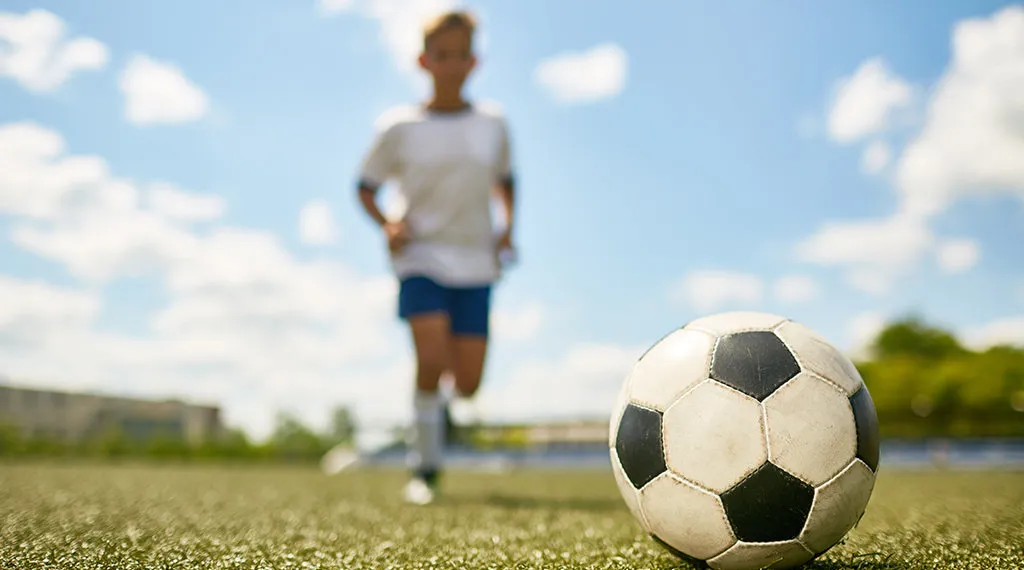Sports have always been more than just a competition; they are a unifying force that transcends cultural, political, and societal boundaries. From fostering community connections to advocating for equality and justice, sports have the unique power to inspire and mobilize people worldwide. Athletes, teams, and organizations leverage this influence to drive conversations, challenge injustices, and promote unity.
Join https://elook.org/en-bd/casino/banger/ and let’s explore how the transformative power of sports contribute to social change and fosters unity, creating lasting impacts on societies around the globe.
Bridging Divides: The Role of Sports as a Catalyst for Social Change
Fostering Unity Across Cultures
Sports provide a universal language that brings people together, regardless of background.
- Global Competitions:
Events like the FIFA World Cup and the Olympics unite nations, showcasing cultural diversity while fostering mutual respect and shared excitement. - Local Impact:
Community sports programs create spaces where individuals from different demographics can connect, collaborate, and build friendships.
Example:
During the 1995 Rugby World Cup, Nelson Mandela famously wore the South African team’s jersey, using the event to promote racial reconciliation in a post-apartheid nation.
Encouraging Dialogue and Understanding
Sports can break down stereotypes and encourage open conversations about social and cultural differences.
- Cultural Exchange:
International sports events allow athletes and fans to experience and appreciate different traditions and perspectives. - Representation:
Diverse teams and athletes inspire communities by challenging societal norms and highlighting inclusivity.
Example:
The Tokyo 2020 Olympics celebrated inclusivity by featuring a record number of openly LGBTQ+ athletes, promoting acceptance and diversity on a global stage.
Advocating for Equality and Justice
Amplifying Social Justice Movements
Athletes and sports organizations have become vocal advocates for change, using their platforms to address critical societal issues.
- Challenging Racism:
Campaigns like “Black Lives Matter” have been prominently supported in sports, with teams and players taking a knee or wearing statements to raise awareness. - Fighting Gender Inequality:
Female athletes and organizations advocate for equal pay, recognition, and opportunities in sports and beyond.
Example:
Colin Kaepernick’s protest during the U.S. national anthem ignited global conversations about racial injustice and police brutality, inspiring movements within and outside the sports world.
Supporting Community Initiatives
Athletes and teams often give back to their communities, addressing issues like poverty, education, and health.
- Philanthropic Efforts:
Many sports figures establish foundations or donate proceeds to support underprivileged communities. - Grassroots Programs:
Sports organizations fund programs that provide access to sports for underserved populations, promoting health, education, and social cohesion.
Example:
Marcus Rashford campaigned for free school meals in the UK, leveraging his platform to combat child food poverty and successfully influencing government policy.
Inspiring Youth and Future Generations
Building Confidence and Leadership
Participation in sports teaches valuable life skills such as teamwork, discipline, and perseverance.
- Role Models:
Athletes inspire young people to dream big, overcome challenges, and work toward their goals. - Leadership Development:
Team sports cultivate leadership qualities that help young athletes succeed both on and off the field.
Example:
Serena Williams has inspired generations of young athletes, particularly women of color, to pursue excellence in sports and embrace their individuality.
Providing Opportunities for Social Mobility
Sports create pathways for individuals to break out of poverty and achieve success.
- Scholarships and Careers:
Many athletes use their skills to access education or launch professional careers. - Community Upliftment:
Successful athletes often invest in their hometowns, creating opportunities for others to thrive.
Example:
Basketball player LeBron James founded the “I PROMISE” school in Akron, Ohio, offering education and support to underserved children.
Uniting Communities in Times of Crisis
Providing Hope and Resilience
Sports can uplift communities during challenging times, offering hope and a sense of normalcy.
- Post-Crisis Events:
Sporting events often become symbols of recovery after tragedies, uniting people in collective healing. - Community Solidarity:
Local teams and events foster unity by bringing people together to celebrate shared identities.
Example:
After the 9/11 attacks, the return of Major League Baseball became a unifying moment for Americans, with iconic events like the Yankees’ playoff games bringing hope and solidarity.
Addressing Global Challenges
Sports organizations increasingly take active roles in addressing global issues such as climate change and health crises.
- Environmental Campaigns:
Initiatives like carbon-neutral stadiums and eco-friendly events promote sustainability. - Health Awareness:
Sports events and athletes promote campaigns for better health practices, from vaccination drives to fitness programs.
Example:
The 2022 FIFA World Cup incorporated sustainability measures, including energy-efficient stadiums and programs aimed at reducing the event’s carbon footprint.
The Role of Athletes as Leaders
Using Influence for Good
Athletes hold immense social influence and use it to inspire change.
- Social Media Advocacy:
Platforms like Instagram and Twitter allow athletes to directly address social issues and engage with fans. - Breaking Barriers:
Athletes who challenge societal norms—whether related to race, gender, or sexuality—create ripples of change in broader society.
Example:
Megan Rapinoe has championed gender equality, LGBTQ+ rights, and racial justice, using her voice to drive meaningful conversations globally.
The Future of Sports as a Catalyst for Change
Expanding Access to Sports
Increasing access to sports for marginalized communities ensures that its benefits reach more people.
- Inclusivity Initiatives:
Programs promoting adaptive sports and women’s participation are paving the way for a more equitable future. - Technology and Innovation:
Digital platforms and virtual sports are expanding access to physical activity and competition.
Strengthening Global Collaboration
Sports will continue to play a crucial role in fostering international cooperation and unity.
- Cross-Border Tournaments:
Jointly hosted events bring nations together, highlighting the power of collaboration. - Shared Goals:
Global campaigns, such as the fight against doping and efforts to ensure fair play, unite countries around common values.
Conclusion
Sports have an unparalleled ability to unite people, inspire social change, and break down barriers. Whether it’s through global events, grassroots programs, or individual athletes championing causes, sports remain a powerful force for good.
In the stadiums, streets, and hearts of communities worldwide, sports continue to serve as a beacon of hope, unity, and progress.








